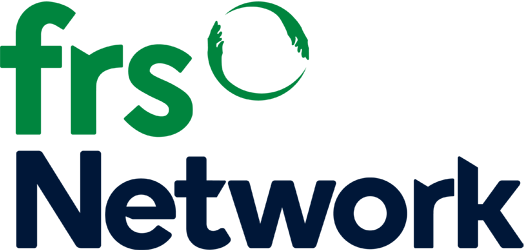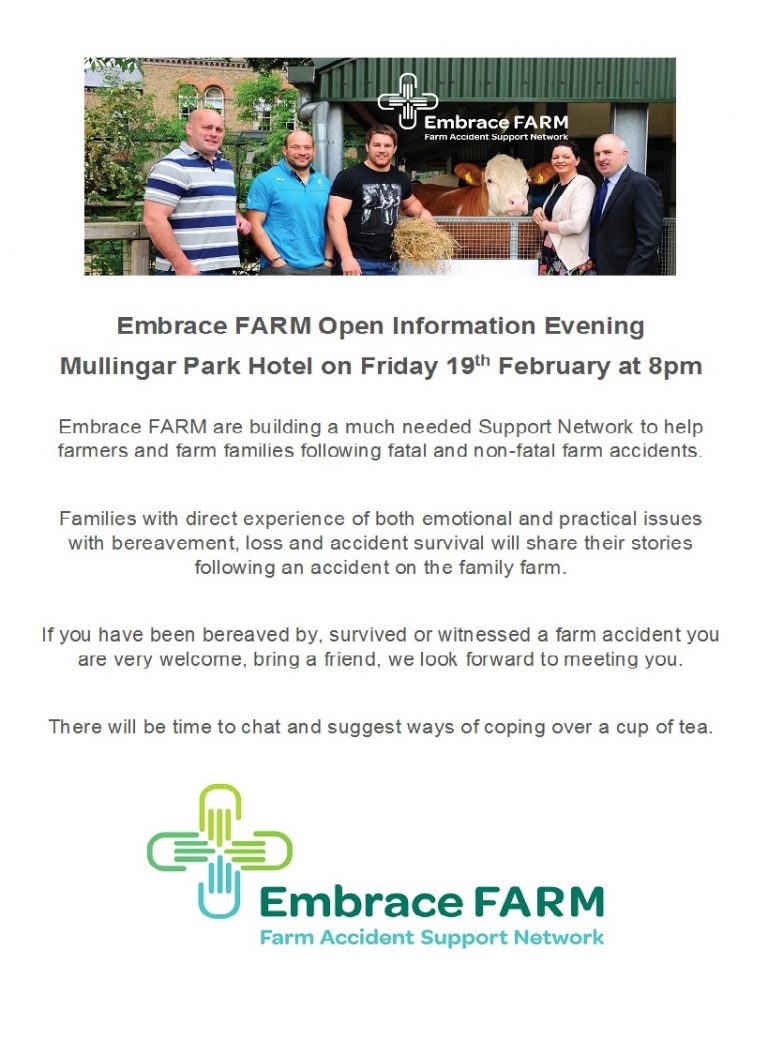Last year proved to be a great success for the Best Practice in Milking course with, 400 farmers having completed the course and upskilling their milking practices nationwide. The course which is in conjunction with FRS, Teagasc and AHI is well underway this year, with great interest being shown once again.
Martin Davin, a farmer from Eglish in Rathdowney County Laois, successfully completed the Milking Course last year. Martin himself admitted that prior to completing the milking course, he suffered constant strain to his shoulders and wrists due to the style of milking he had adopted over the years.
“Before completing the milking course I always had pain in my shoulders and wrists from the way I was milking. Now my shoulders and wrists don’t get sore anymore. Once you have done the course, you start milking the way it should be done” said Martin.
For Martin, the course opened his eyes to how a proper milking routine should be carried out. Even though it takes a couple of weeks to adjust to the new milking routine, he found he got very use to it and clearly sees how well it works.
“One of the benefits of the actual milking routine would be the fact that I can milk each row with alternative hands now. It’s a huge benefit.” said Martin.
The course shows farmers how to make life easier by learning how to milk effectively and efficiently. Martin was completely satisfied with how the course went for him and how he adapted it so well on his own farm.
“The biggest thing I got out of the milking course was the whole milking routine, learning how to milk the cows and the proper way to do it. Also keeping your area clean and yourself clean is vital, even down to wearing gloves at all times. It’s all hugely important. For me, a proper milking routine is very important because you will be doing it for 20 or 30 years of your life. If you don’t have it at the start get it and pass it on.” said Martin.
Having seen the difference between how he once milked in comparison to now, Martin has seen all the benefits and could recommends others to do the milking course.
“The practical side of milking is great, there’s so much to learn if you want to learn, if you don’t want to learn then you never will”.
The training is designed to make life that little bit easier for the farmer. Putting less strain on both the Farmer’s life and Body. From start to finish the milking routine has an important bearing on the efficient and hygienic removal of milk from the udder. The course itself is designed to develop the skills of the milker to ensure that all cows are milked effectively and efficiently and reduce preventable waste by producing lower somatic cell counts (SCC) and better milk quality.
“The importance of routine cannot be over emphasised. Cows are creatures of habit and the more you can make each day exactly the same as the previous day the more relaxed and productive they’ll be. So, good milking technique begins by following a predictable routine.” (Teagasc)
The Milking course teaches the components of an efficient milking process or routine, which are:
• Preparation for Milking
• Parlour Preparation
• Row filling
• Preparation in batches and maximising milk let down
• Cluster attachment
• Cluster removal
• Teat disinfection
• Row exit
• Parlour hose down
When employing an efficient milking routine, milkers can achieve somatic cell count (SCC) and total bacterial count (TBC) levels of less than 100,000 and less than 10,000 cells per ml respectively and milking row times of less than 9 minutes. (Teagasc)
From the farmers who have completed the course, it is obvious that one of the main problems that constantly arise from farmers milking habits is strain. Due to habits which have developed over their years of milking, farmers complain of suffering with back pain, shoulder pain and wrist pain.
Successful completion of the ‘Best Practice in Milking Course’ results in a FETAC/QQI level 6 certificate. Martin along with all those who completed the course will be receiving their certificates of completion at the end of August. The course involves two days training followed by an assessment and includes practical on-farm milking sessions.
For those who are interested in doing the course visit www.frstraining.com/milkingcourse , alternatively call Kevin Fitzpatrick at 086 0280450 or email info@frstraining.com. Like and share www.facebook.com/milkingcourse




